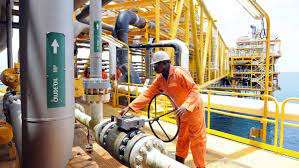The Nigeria National Petroleum Corporation Limited (NNPCL) has acknowledged experiencing significant financial difficulties due to substantial debt owed to international petrol suppliers.
As the sole importer of petrol into the country, NNPCL has been severely impacted by the ongoing foreign exchange crisis, which has caused a sharp increase in the disparity between the landing costs and the retail price of petrol.
Reports had previously highlighted that NNPCL owes approximately $6 billion to fuel traders for imported petrol.
In a recent statement, NNPCL warned that this financial strain threatens the sustainability of the country’s fuel supply.
The corporation is currently grappling with delayed payments that now exceed 130 days, well beyond the typical 90-day payment period.
Despite these challenges, NNPCL’s Chief Corporate Communications Officer, Olufemi Soneye, reaffirmed the corporation’s commitment to its role as the supplier of last resort, as mandated by the Petroleum Industry Act (PIA).
He stated that NNPCL is working closely with government agencies and stakeholders to ensure a stable supply of petroleum products across Nigeria.
The situation has been further complicated by rising global fuel prices and the depreciating naira, which have increased the effective subsidy costs for the Nigerian government.
This has led to a partial return of fuel subsidies, which were officially removed in May 2023, placing additional pressure on NNPCL’s finances and making it more difficult to stabilize the economy.
Despite these financial hurdles, NNPCL remains focused on maintaining fuel supply and is actively addressing the situation to mitigate its impact on the nation’s energy security.

